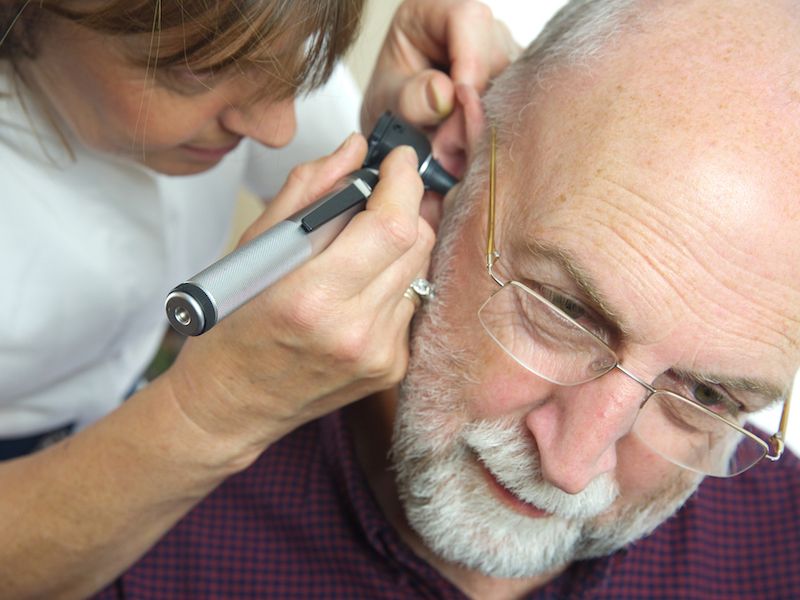
You continue to go to the eye doctor every year if you wear glasses, right? Because, with time, your eyes can change. As a matter of fact, no part of your body is static, your eyes aren’t and, it turns out, neither are your ears. That’s why, just as it is with your eyes, it’s necessary to keep getting your ears tested even after you purchase a set of hearing aids.
Unfortunately, many people miss those regular checkups. Maybe they’ve been consumed with enjoying their lives to get back in to see the doctor. Or it’s possible that work has been stressful recently. Or it’s possible you’ve just been so happy with your hearing aids that you haven’t needed to get another appointment. That seems like it should be a positive thing, right?
Over time, for people suffering from hearing impairment, it is even more essential to have even one follow-up appointment. Even in the face of that, regular attention is often neglected. According to one survey, only 33% of seniors with hearing aids also used regular hearing services.
Why Do You Need Check Ups Once You Have Hearing Aids?
Your hearing is dynamic. It changes over time. When these changes happen, you should adjust your hearing aids to compensate. Periodic testing helps monitor any changes in hearing and catch problems early.
It might be a good plan to have regular checkups for other reasons too. Some of the most prevalent reasons to make sure you show up to your next appointment consist of:
- Hearing aid calibration: There might be need for annual calibration of your hearing aids because of small changes in your hearing despite the consistency of your general hearing. Without this calibration, your hearing aids may progressively become less reliable.
- Deterioration of hearing: Even if you use a hearing aid, your hearing might continue to deteriorate. If this deterioration is happening over a long period of time, you likely won’t realize it’s taking place without the aid of a hearing assessment. Hearing decline can often be slowed with appropriate alterations to your hearing aids.
In addition to tracking changes in your hearing, it’s crucial to periodically have an expert cleaning. We can clean all the small components and keep your hearing in top notch conditions and as well as making sure it’s working at it’s best performance.
The Danger of Not Following up With Routine Check-Ups
If you get frustrated with your hearing aids, say because they don’t work the way you expected them to, you might simply stop wearing them and that would be a problem. Wearing hearing aids helps you hear better, naturally, but it also impacts your overall health. If you stop using your hearing aids, not only can your hearing deteriorate faster, you might not recognize it right away. Increased chance of hearing problems, along with cognitive decline, have been linked to hearing loss.
When it comes to having your hearing aids performing at an optimal level, regular exams are your best bet. Yearly hearing exams or screenings can help you make certain your hearing aids are functioning in the way they should and that your hearing remains protected. So make your hearing examination right away.
